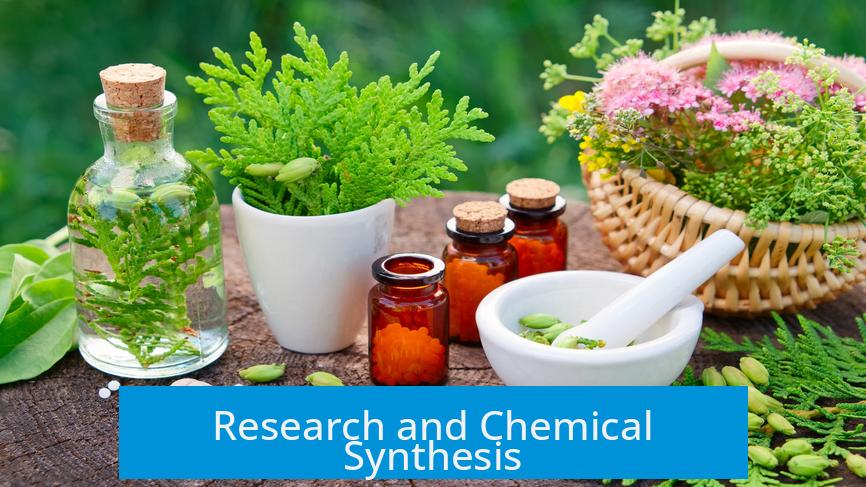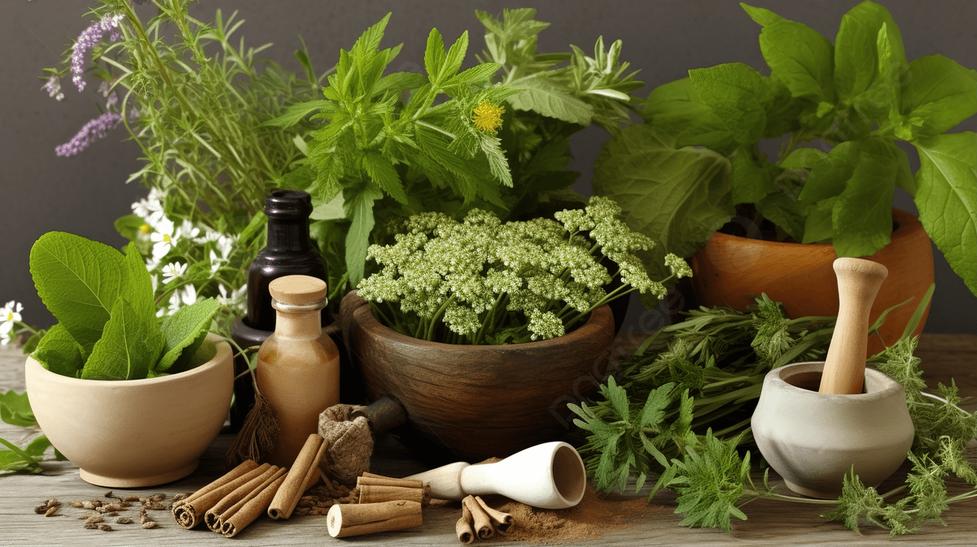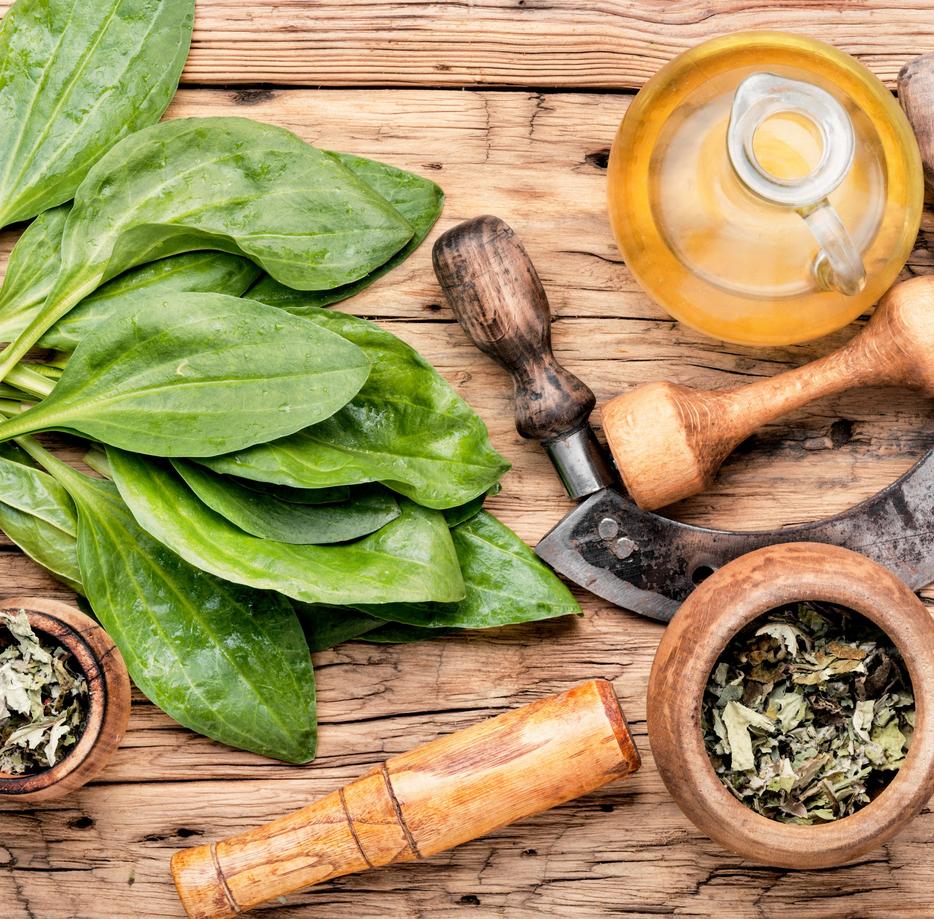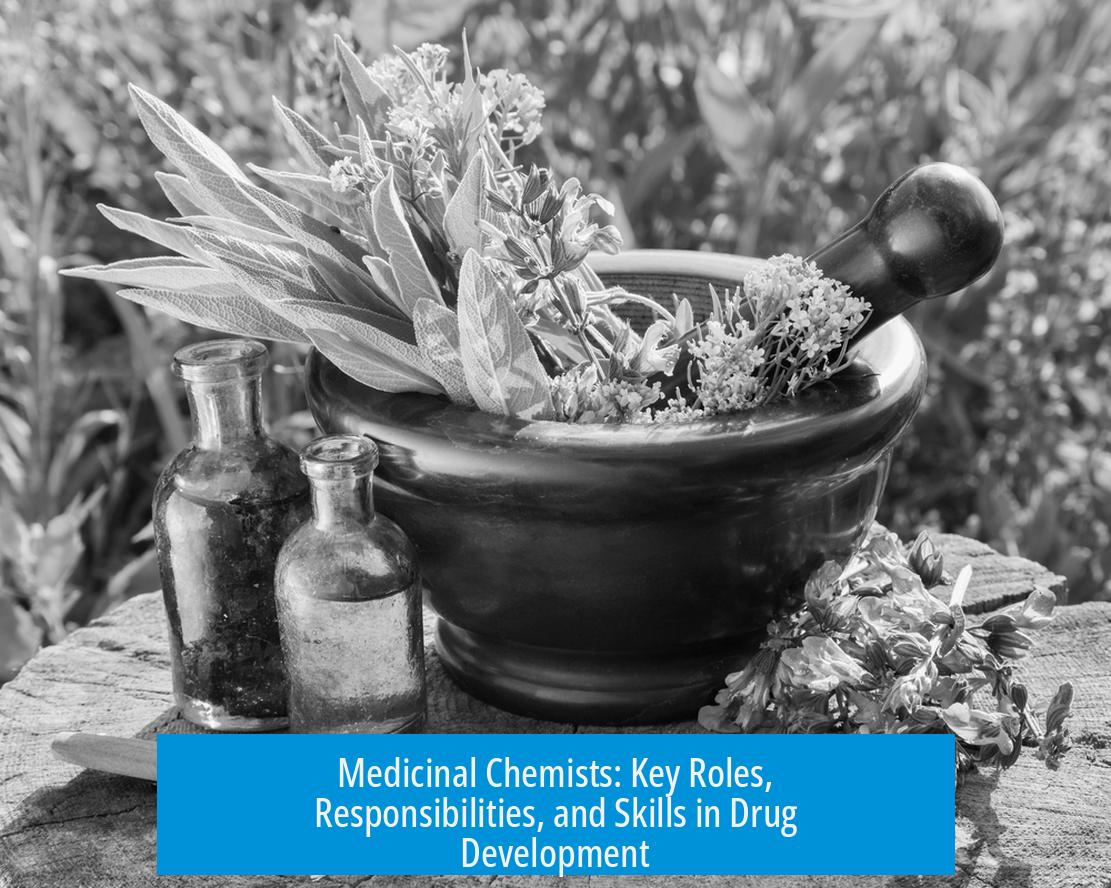Medicinal Chemists: What Do You Do?

Medicinal chemists design, synthesize, and optimize compounds to create new drugs. They combine chemical synthesis with biological data to improve drug candidates for safety, efficacy, and stability. Their work spans many tasks from molecule design to collaborative data interpretation. This article explains a medicinal chemist’s roles, methods, and the industry’s current landscape.
Research and Chemical Synthesis

Medicinal chemists focus heavily on creating molecules with subtle changes to improve activity. For example, they might modify ring substituents on a target molecule in small quantities to explore how these changes affect drug action. Producing libraries of structurally related compounds reveals critical structure-activity relationships (SAR).
- Synthesizing derivatives of lead compounds to test biological effects
- Using solid phase synthesis or multi-step reactions depending on drug modality
- Managing compound purification, characterization, and inventory
This synthesis work requires precision and often follows iterative cycles shaped by assay results. Medicinal chemists create analogs or advanced intermediates and submit final compounds for biological testing.

Data-Driven Experimental Design
Chemists analyze biochemical and biological assay data to guide design improvements. Their goal is to optimize potency, pharmacokinetics (how the drug behaves in the body), toxicity, and physicochemical properties.

Key optimization criteria include:
- The drug must achieve its intended biological effect
- It must remain stable in the body long enough to act
- It must be safe, avoiding toxic effects
Data from each round of assays directs modifications in compound structure. Medicinal chemists present these designs within teams, adjusting based on expert feedback before synthesis proceeds.

Laboratory Responsibilities
Medicinal chemists personally conduct or oversee the synthetic chemistry work. This covers:

- Running chemical reactions to build analogs or intermediate compounds
- Purifying reaction products through chromatography or other methods
- Confirming compound structure using analytical techniques like NMR or mass spectrometry
They also manage compound logistics—handling submissions to materials management departments and ensuring proper documentation and storage.
Collaboration and Communication

Collaboration plays a central role. Medicinal chemists work with biologists, pharmacologists, and other chemists. They provide technical input and adapt compound designs to project needs.
External partnerships with Contract Research Organizations (CROs) are also common. Chemists present data and guide outsourced synthesis projects, especially for advanced intermediates. These interactions require clear communication and strategic planning.
Industry Trends and Challenges
The medicinal chemistry job market has evolved significantly. Much synthesis is now outsourced to countries like India and China to reduce costs. Senior chemists often oversee these external teams rather than conducting all lab work themselves.
This shift has increased industry volatility. Job security can be low due to outsourcing and market fluctuations. While the U.S. experienced a medicinal chemistry boom historically, major operations have moved offshore in recent decades.
Aspirants in this field should be aware of these challenges and prepare accordingly.
Skills and Recommendations
To enhance employability, medicinal chemists should develop computational skills. This includes:
- Learning computational chemistry methods
- Programming with Python for data analysis
- Using data visualization software such as KNIME
Adding these skills helps scientists analyze assay data more effectively and stand out in a competitive job market.
Workflow Dynamics
The daily tasks of a medicinal chemist can vary widely. Early stages focus on synthesis and building compound libraries. Later, attention shifts to analyzing biological data and designing next-generation molecules. Flexibility and adaptability are essential throughout project cycles.
Personal Reflection
Many medicinal chemists find synthesis intellectually rewarding despite market uncertainties. Creating and refining molecules offers a stimulating scientific challenge. The satisfaction of contributing to drug discovery motivates many in this career.
Key Takeaways
- Medicinal chemists design and synthesize compounds to optimize drug candidates.
- They use biological assay data to guide iterative compound improvements.
- Lab work includes reaction execution, purification, and structural confirmation.
- Collaboration with internal teams and CROs is essential for project success.
- The industry faces outsourcing trends and job market volatility.
- Computational skills and data analysis enhance prospects in medicinal chemistry.
- Workflows vary greatly depending on project phase and goals.
Medicinal Chemists: What Do You Do?
Medicinal chemists design, synthesize, and optimize chemical compounds that become medicines addressing various health issues. At first glance, it sounds like a heavy-duty science job – and it is – but there’s so much rich detail behind the title that goes way beyond pipetting chemicals in a lab.
Imagine you’re part detective, part artist, and part data analyst. Your mission? Craft molecules that not only fit the target but also improve the lives of people by turning into effective drugs. Let’s dive into the fascinating world of medicinal chemists with an honest, behind-the-scenes look.
The Art and Science of Medicinal Chemistry Research and Synthesis
Medicinal chemists spend a big chunk of their time synthesizing target molecules. It’s not just mixing chemicals; it’s focused and delicate work. One chemist’s story reveals, “During my post-bacc research, I tweaked ring substituents in small batches to create CNS-penetrant inhibitors.” These molecules need to penetrate the brain, so tiny changes can have a huge impact.
What’s cool is creating “compound libraries.” That means synthesizing many versions of a molecule with small structural tweaks. The goal? To explore how these changes affect biological activity. As one chemist proudly shared, “By year’s end, I had my own little library of pyrazolines and even suggested new compounds based on data.”
This iterative process is like sculpting molecules: carving here, adding there, guided by test results that show what works best.
Data-Driven Experimental Design: More Brain, Less Brawn
Many imagine chemists as lab bench warriors endlessly mixing potions. But modern medicinal chemistry is deeply data-guided. After compounds are made, they are tested in biological assays. The results drive decisions on the next molecules to make.
One chemist explains, “I analyze biochemical assay data to figure out how to improve our compounds.” This can mean tweaking potency, pharmacokinetics (how long the drug lasts in the body), toxicity, or physio-chemical properties like solubility.
Ask yourself: why is this step critical? A compound may bind to the target but fail in the body or cause harm. The goals are clear: potency, stability, and safety. This triad determines if a compound moves forward toward clinical trials or gets sidelined.
Hands-On Lab Work and Compound Handling
Many medicinal chemists love the bench work—putting on gloves, running reactions, purifying compounds. One expert notes, “Most of my time is spent on solid phase synthesis, making compounds from design to submission.”
It’s a full-circle responsibility: from mixing raw materials, performing multi-step syntheses, through purification, to final compound submission. And quality control—characterizing structures by analytical methods—ensures that every molecule is accurately made before biological testing.
Many chemists enjoy this tangible aspect. One reflects, “I really miss my work! Synthesis is fun and rewarding.” It’s a moment of creativity and problem-solving wrapped in glassware and reagents.
Collaboration: Science is a Team Sport
No medicinal chemist works in isolation. Teams often include biologists, computational chemists, pharmacologists, and others. Internal collaboration is frequent. One chemist recalls, “Our company is really collaborative; scientists eagerly share and consider opinions on compound designs.”
Beyond the home turf, medicinal chemists interact regularly with external Contract Research Organizations (CROs). These partnerships are essential, especially in the current industry where much synthetic chemistry is outsourced overseas. One chemist shares, “I present data internally and to clients and discuss project directions with CRO partners.”
Industry Trends: Outsourcing, Volatility, & Upskilling
The medicinal chemistry landscape has shifted significantly. It is no longer just bench chemists making compounds in US labs. Many tasks are outsourced overseas. “It’s cheaper to have multiple scientists in India or China directed by a single PhD here than one PhD in the US,” explains one industry insider.
This outsourcing brings economic benefits but also volatility. The same chemist warns, “I’ve been made redundant three times in six years due to market instability.” Job security is challenging. Tough reality: med chem is a rollercoaster career path.
There’s also been a historical US boom in medicinal chemistry, but the trend shifted away about 15 years ago. For those thinking about joining the field, strong competition demands specific skills.
Experts advise aspiring medicinal chemists to “upskill to stand out.” Learning computational chemistry, Python coding, or data visualization programs (like Kmine) boosts not only employment chances but also daily productivity. The future lies at the intersection of bench work and digital tools.
Daily Workflow: A Project’s Rhythm
What does a typical day look like? The answer depends on the project phase. Sometimes you’re in full synthetic mode, running reactions and purifications. Other days focus on interpreting assay data, planning new molecules, or submitting compounds to the inventory team.
It’s a cyclical, dynamic process driven by data and project needs, not monotony. One chemist puts it simply, “It’s more what you do over time, not every single day.”
What Makes Medicinal Chemistry Special?
It’s intellectually satisfying work that combines creativity with science rigour. You get to see how subtle chemical changes affect biological activity. Medicinal chemists help transform ideas into potential therapies one molecule at a time.
Sure, there are challenges: unstable job markets and shifting industry landscapes. Yet the joy of crafting molecules and working in a vibrant team environment often outweighs those hurdles.
So, if you’ve ever wondered what medicinal chemists do, here’s the takeaway:
- They design and synthesize chemical compounds with precise structural tweaks.
- Use biological and chemical data to guide iterative compound optimization.
- Handle complex lab work, purification, and compound management.
- Work closely with teammates and external partners to advance projects.
- Navigate an industry filled with opportunities but also volatility.
- Blend traditional chemistry with computational methods to advance their craft.
Ever thought of yourself as a molecule sculptor solving real-world puzzles? Medicinal chemistry might just be your calling.
Final Thought: Is Medicinal Chemistry For You?
If you like chemistry, biology, and a challenge—and you enjoy both hands-on work and data analysis—consider aiming for this career. As one chemist says, the synthesis part is “fun and rewarding,” but the path requires resilience.
Ask yourself: do you want to join a field that directly contributes to drug discovery but demands flexibility with an unpredictable job market? If yes, invest now in coding, computational chemistry, and data visualization skills. They will help you stand out and contribute more effectively in today’s globalized, fast-paced medicinal chemistry world.
There you have it—medicinal chemists in all their data-driven, molecule-building, cross-collaborative glory. Curious enough to dive in? The lab awaits!
What are the main tasks involved in synthesizing compounds as a medicinal chemist?
Medicinal chemists make small structural changes to target molecules, often synthesizing analogues in small batches. They create focused compound libraries to explore how changes impact biological activity.
How do medicinal chemists use biological data in their work?
They analyze assay data to guide the next round of compound design. This helps optimize drug properties like potency, stability, and safety before advancing candidates to clinical trials.
What kind of laboratory work do medicinal chemists perform?
They perform multi-step syntheses, often involving solid phase methods, purification, structural confirmation, and activity testing. They manage compounds from design through inventory submission.
How do medicinal chemists collaborate within and outside their companies?
They work closely with other scientists sharing design ideas and data. They also engage with contract research organizations (CROs) to discuss project direction and review results.
What challenges affect job stability in medicinal chemistry?
The field can be volatile with frequent layoffs and outsourcing, especially to overseas sites. Updating skills in computational chemistry and data analysis can improve job prospects.





Leave a Comment